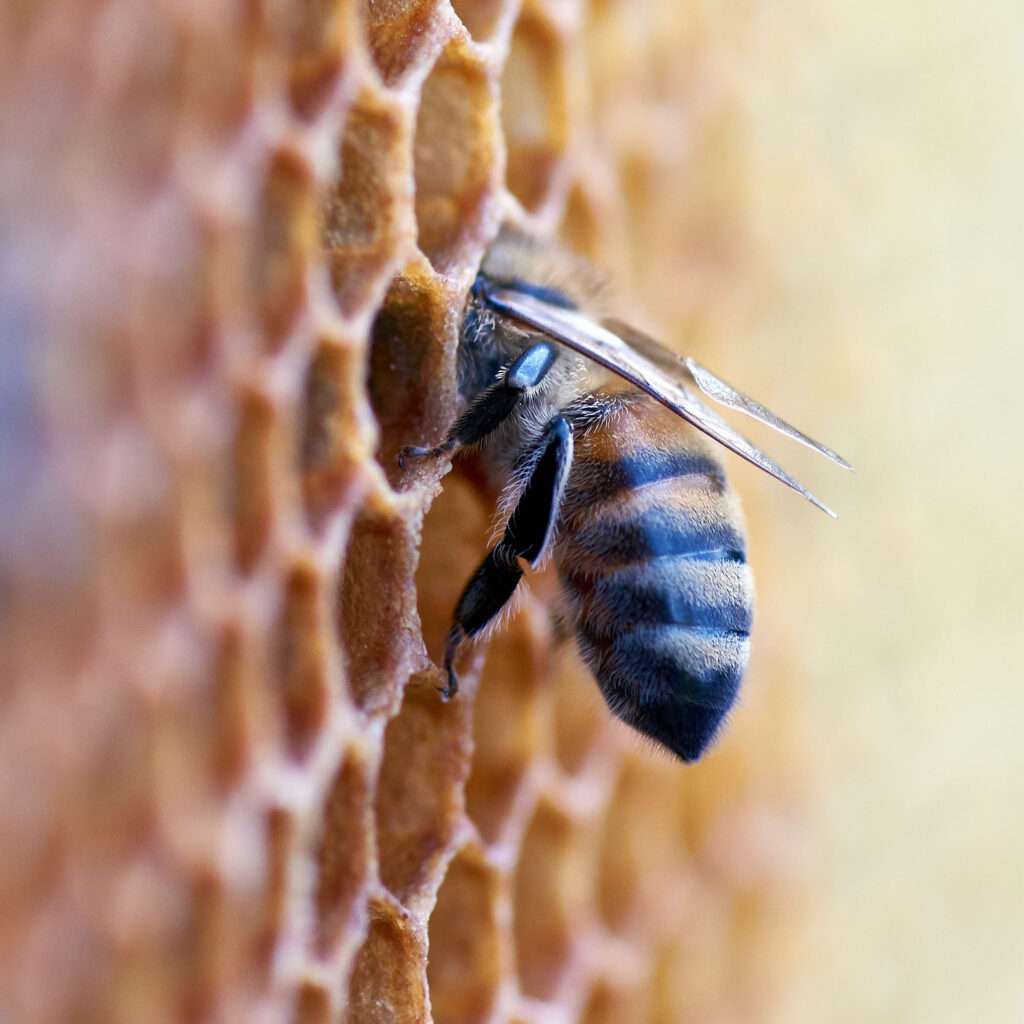Before we talk about Oaxaca honey, let’s first talk about the bees that make it, what honey actually is, the terroir that can be imparted into its flavor, & why we’ve decided to specifically use Oaxaca honey.
To be clear, we are not experts on bees, honey, apiary or anything of the like. Nor do we even try to moonlight as such. We are merely purveyors, curators, & believers of ancient practices and honoring indigenous cultures as best we can to keep traditions alive.
We enjoy using unique ingredients that bring with them a history, a time, & a place to highlight why they are important & appreciated and enjoyed as such. The world is an amazing place once you look at all of the wonderful things that come from the earth.
The Bees
So there are a lot of different kinds of bees out there. Some produce honey, most don’t, some are stingless, & some do not live in colonies like most people think.
Honey producing bees only make up a very small portion of the known 20,000 species of bees. The most commonly known honey producing bee I’d the honeybee. The honeybee had actually been domesticated specifically to cultivate honey for harvest. This is only 1 of 2 total bees that have ever been domesticated.
Other species simply do not make honey. They’re just not designed that way. Bees produce honey as a resource for sustenance for the hive. But for the bees that do not live in a colony that biological directive is not encoded.
Stingless bees are simply that, they’re stingless. That’s not to say that they do not have stingers, but rather that their stingers are so small that they’re effectively useless but they do have other defense mechanisms.
Stingless bees in fact produce some of the most expensive honey in the world and even have a specific name for the people who take care of them. It is highly specialized, very rare, and quite an interesting thing. If you have some extra spare time Google “Meliponini”.
Oaxaca honey comes from Apis mellifera or as it’s commonly known: the Western Honey Bee. Not super exciting so far as all the other thousands of species out there, I know but still an amazing insect creating magic and a centuries long culture around it in Oaxaca.
What is Oaxaca honey
Honey is an animal product. That is to say it is made by bees. Bees collect nectar from plants, usually flowers, but can also collect it from specific animals such as the honeydew from aphids.
Honey is produced through an enzymatic process within the bee itself and then gets regurgitated once brought back to the colony for storage and used as energy should the need arise. This initial regurgitated liquid gets further “processed” in the honeycomb by evaporation. This water loss causes the liquid to become thick and viscous, concentrating the sugars.
Oaxaca honey is no exception to this process. What makes Oaxaca honey special though is the region where the bees gather the nectar. This makes the honey very special.
terroir
So the idea behind terroir in certain cultivars like apples, grapes, agave, honey, and others, is that within a specific region there are environmental factors that get imparted into the crop. This includes air, soil, moisture, sunlight, & minerality.
Oaxaca honey is cultivated in very unique micro-ecological zones. The nectar that’s collected by the honey bees comes from remote wild botanical flowers where the subtropical, high altitude Andes mountain range meets the cool, moist, and salty Pacific Ocean air in the southwestern coastal region of Costa Chica in the state of Oaxaca.
The elevated jungles of the Sierra Madre del Sur terroir are like none others on earth and result in a highly sought after and distinct flavor profile with notes of spice, deep molasses, star anise, vanilla, and a perceived smokiness.
the result
The special characteristics of Oaxaca honey is one fundamental reason we chose it to make our cider Tepache. The other fundamental reason we chose it is because of what we’re doing by using it in our products. The Mixtec people have cultivated this land for generations. There are not many opportunities for generating money in this area so they choose to leave their ancestral home in search of the dollar. But by purchasing this honey we are contributing to keeping native people in their lands AND keeping a tradition that has been passed down through generations alive.

